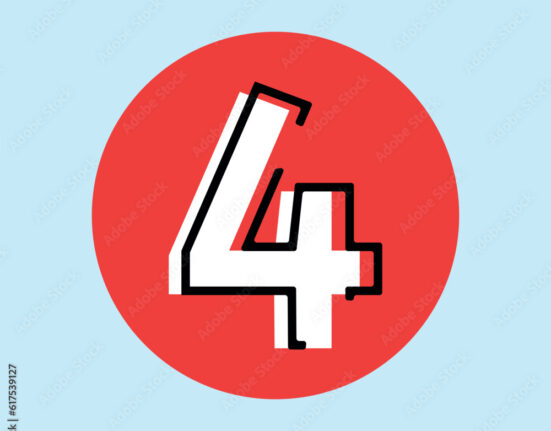Nebraska has taken a groundbreaking step in the realm of public health and nutrition by becoming the first state to receive approval for a federal waiver that prohibits the purchase of soda and energy drinks through the Supplemental Nutrition Assistance Program (SNAP), colloquially known as food stamps. This initiative, spearheaded by U.S. Agriculture Secretary Brooke Rollins, is set to impact approximately 152,000 individuals in Nebraska who rely on SNAP benefits to afford essential groceries.
Voices Behind the Decision
In a resolute statement, Nebraska Governor Jim Pillen emphasized the rationale behind this decision, stating, “There’s absolutely zero reason for taxpayers to be subsidizing purchases of soda and energy drinks.” The primary objective of SNAP is to assist families in need by facilitating access to wholesome and nourishing food options. Governor Pillen reiterated this sentiment by underscoring the incongruity of allowing unhealthy items in the program.
National Landscape
While Nebraska leads the charge in implementing such restrictions, other states like Arkansas, Colorado, Kansas, Indiana, Iowa, and West Virginia have also petitioned for waivers that limit specific foods or beverages within their respective SNAP programs. The overarching goal is not only to curtail access to sugary drinks and confectioneries but also to potentially broaden participants’ accessibility to hot meals.
Expert Perspectives
Critics argue that imposing prohibitions like those seen in Nebraska may inadvertently burden low-income households with additional expenses while intensifying administrative complexities within the program. Gina Plata-Nino from the Food Research & Action Center asserted that evidence points towards incentivization rather than punitive measures as being more efficacious in enhancing nutritional outcomes and alleviating hunger among vulnerable populations.
The Evolution of SNAP Regulations
The Supplemental Nutrition Assistance Program is a pivotal component of social welfare in America, supporting around 42 million citizens annually with an estimated budget exceeding $100 billion. While federal guidelines permit expenditure on most food products fit for human consumption – excluding alcohol, tobacco, and prepared hot foods – there has been ongoing discourse surrounding permissible items over recent decades.
Over time, various states have proposed restricting SNAP benefits from covering a spectrum of items ranging from bottled water and soft drinks to chips, ice cream treats, and even premium meat cuts like steak. Until now though; USDA had been reticent about endorsing such waivers due to ambiguity surrounding defining nutritional value as well as apprehensions concerning implementation logistics.
In conclusion; Nebraska’s decision acts as a watershed moment heralding potential shifts in how nutrition assistance programs are structured nationwide. By juxtaposing public health imperatives against fiscal prudence; policymakers grapple with striking an equilibrium between promoting dietary wellness amongst marginalized communities while ensuring sustainability across welfare schemes.








Leave feedback about this